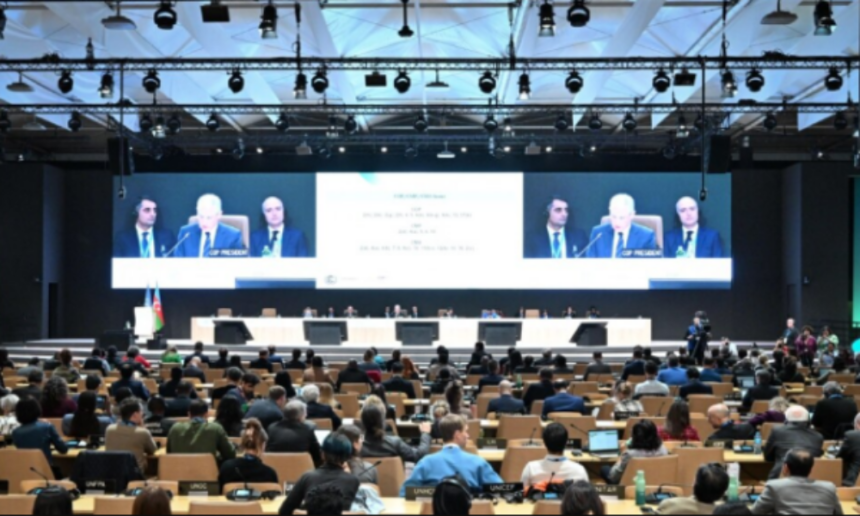Wealthy nations that participated in the United Nations Climate Change Conference (COP29) have agreed to allocate $300 billion annually to help fund developing countries as they cope with the impacts of climate change. However, recipient nations have criticized the agreement, arguing that the allocated funds are insufficient to meet the urgent needs of vulnerable countries.
The agreement, reached after the two-week conference in Baku, Azerbaijan, was hailed by some as a significant step in efforts to slow the global warming process. Yet, others have voiced concerns that wealthy nations are not doing enough to address the climate crisis.
“This document is nothing but an optical illusion,” said India’s representative, Chandni Raina, shortly after the agreement was reached. “In my opinion, it will not address the major challenges we face. That’s why we oppose its approval.”
UN Climate Chief Simon Stiell acknowledged the difficulties in the negotiations but emphasized that the outcome provides a measure of assurance for humanity in the fight against global warming. “It’s been a tough journey, but we have an agreement,” Stiell said. “This deal will drive clean energy production and protect billions of lives.”
The agreement stipulates that wealthy countries must contribute $300 billion annually until 2035, a significant increase compared to the $100 billion pledged in 2020. The next UN climate conference is set to be held in Brazil, where participants will outline the steps to take over the next decade in addressing climate issues.
The global community is still working to implement the goals of the Paris Agreement, which aims to limit global temperatures to 1.5 degrees Celsius above pre-industrial levels. Any rise above this threshold could lead to catastrophic consequences for the environment. Scientists warn that without significant action, global temperatures could rise by 3.1 degrees Celsius by the end of the century.







